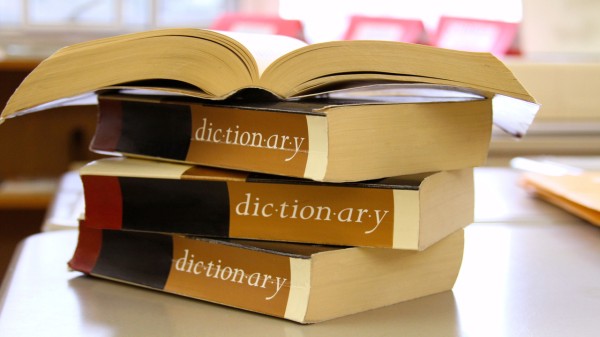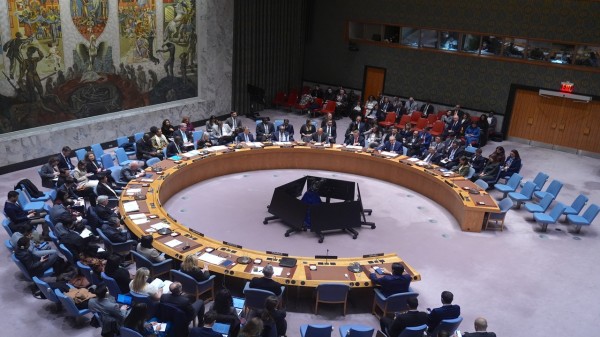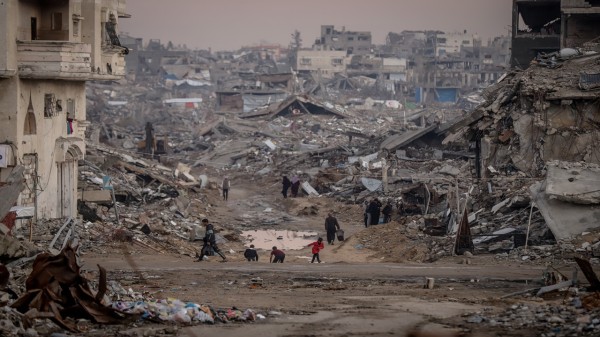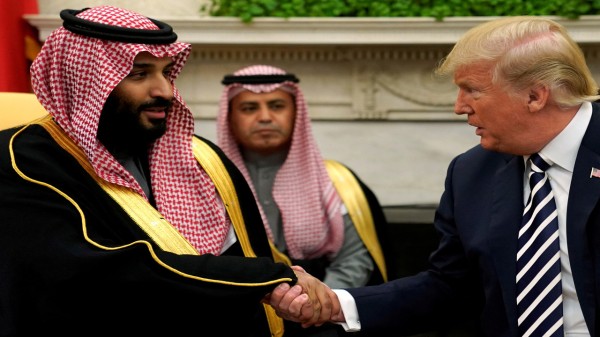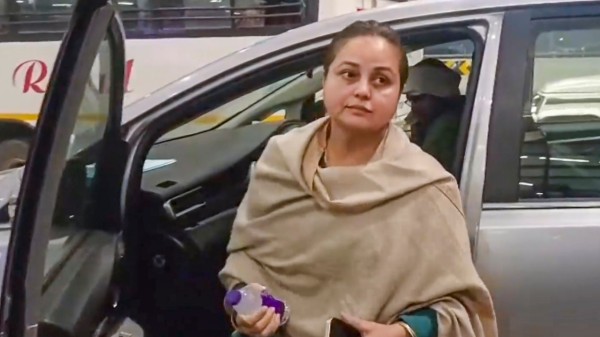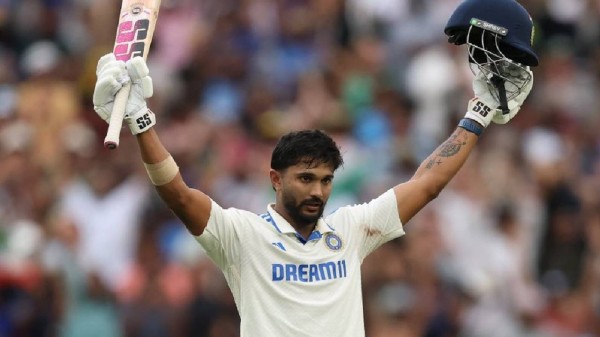

By signing in or creating an account, you agree with Associated Broadcasting Company's Terms & Conditions and Privacy Policy.


By signing in or creating an account, you agree with Associated Broadcasting Company's Terms & Conditions and Privacy Policy.
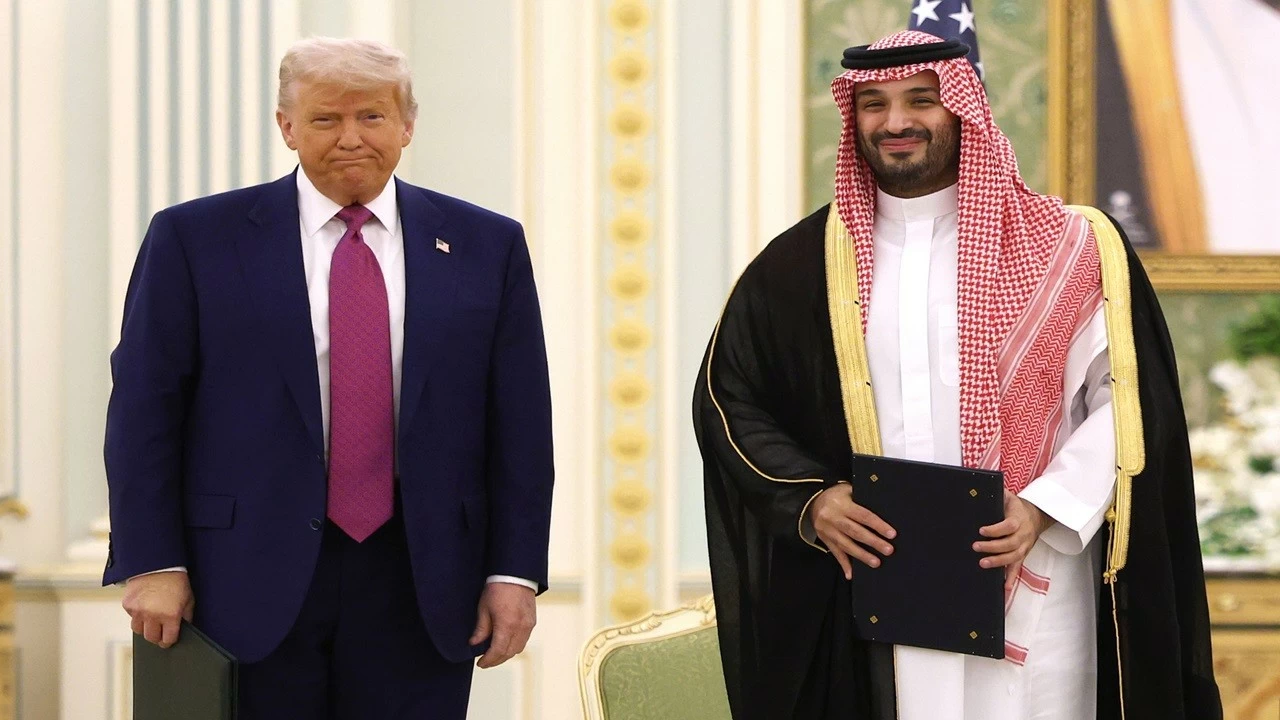
New Delhi: As Saudi Arabia's Crown Prince Mohammad bin Salman visits Washington, US President Donald Trump has announced that it would sell F-35 fighter jets to Riyadh. "We will be selling F-35s. They have been a great ally,” Trump reportedly said.
Trump’s clearance comes despite a New York Times report that US officials had warned that moving forward with the sale to Saudi Arabia could allow China to gain access to the advanced warplane’s technology. The US has only sold F-35s to its closest allies, including a few European nations. Saudi Arabia has been eyeing the fighter jets for a long time now as it faces security challenges in the region.
In 2019, the US had removed Turkey from the F-35 programme after it purchased a Russian air defence system. At that time, Washington had raised concerns that Russia might gain access to the jet’s technology.
Israel, the only regional operator of the F-35, has also voiced its concern over proposed sale of F-35 jets to Saudi Arabia. It fears that the deal could change the region’s fragile military balance. Israeli officials have reportedly called for reassurances from Washington that any transfer of the jets would come with strict checks and controls.
After Saudi critic Jamal Khashoggi was killed by Saudi agents in Istanbul in 2018, Crown Prince Mohammad bin Salman faced a lot of pressure from the US and global criticism. His current visit to the US comes after a long time. Trump had visited Saudi Arabia in May this year, and took a $600 billion investment commitment from Saudi Arabia. The Saudi leader is seeking security guarantees amid regional unrest. During the visit, the potential sale of F-35 stealth fighter jets to Saudi Arabia could emerge as a key point of discussion and negotiation.
Washington is eyeing a slew of agreements, with the $600 billion investment commitment made by Saudi Arabia at the centre. Saudi Arabia is keen on acquiring F-35s as it constantly faces security concerns from Iran and Tehran-backed armed outfits.
By clearing sale of F-35s, Trump is trying to develop a close relationship with the Kingdom’s de facto ruler. This could be way to consolidate the diplomatic ties with the Kingdom, and prod it join the Abraham Accords, a series of agreements that saw the UAE, Bahrain, Morocco and Sudan formally forge relations with Israel in 2020. “The Abraham Accords will be a part we’re going to be discussing,” Trump had said ahead of his visit with bin Salman. “I hope that Saudi Arabia will be going into the Abraham Accords fairly shortly.”
Trump is urging Saudi Arabia to normalise relations with Israel, arguing that such a move would be a major step towards enduring peace in Gaza. Riyadh, however, has continued to maintain that any normalisation must be tied to a “credible” and “irreversible” roadmap towards Palestinian statehood.
The Crown Prince’s visit indicates an effort to reset and reinforce a US-Saudi partnership that has seen turbulence in recent years. The meeting with the Saudi leader is Trump's golden chance to push forward his Middle East diplomacy, which puts Abraham Accords at the top. Approving the sale of F-35 stealth jets to Saudi Arabia is a good move. However, the question remains whether this defence boost alone can nudge the Kingdom towards joining the Abraham Accords.
Even though Saudi Arabia and Israel remain at odds, the US deal could draw Riyadh to the negotiating table. The agreement may pave the way for baby steps towards normalising ties between the two sides. However, Saudi Arabia's stand on being part of the Abraham Accords is currently very clear: a credible path to Palestinian statehood. The F-35 deal is huge, but it alone won't be able to change its stance. The deal will deepen US–Saudi strategic alignment, but it is not an incentive big enough to change a country's long-standing political equation.
